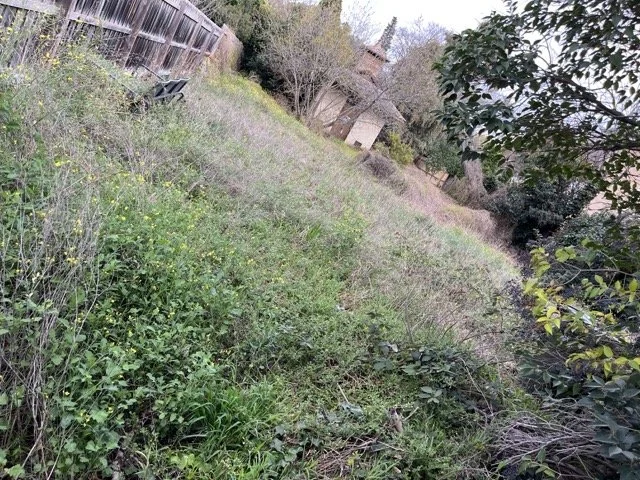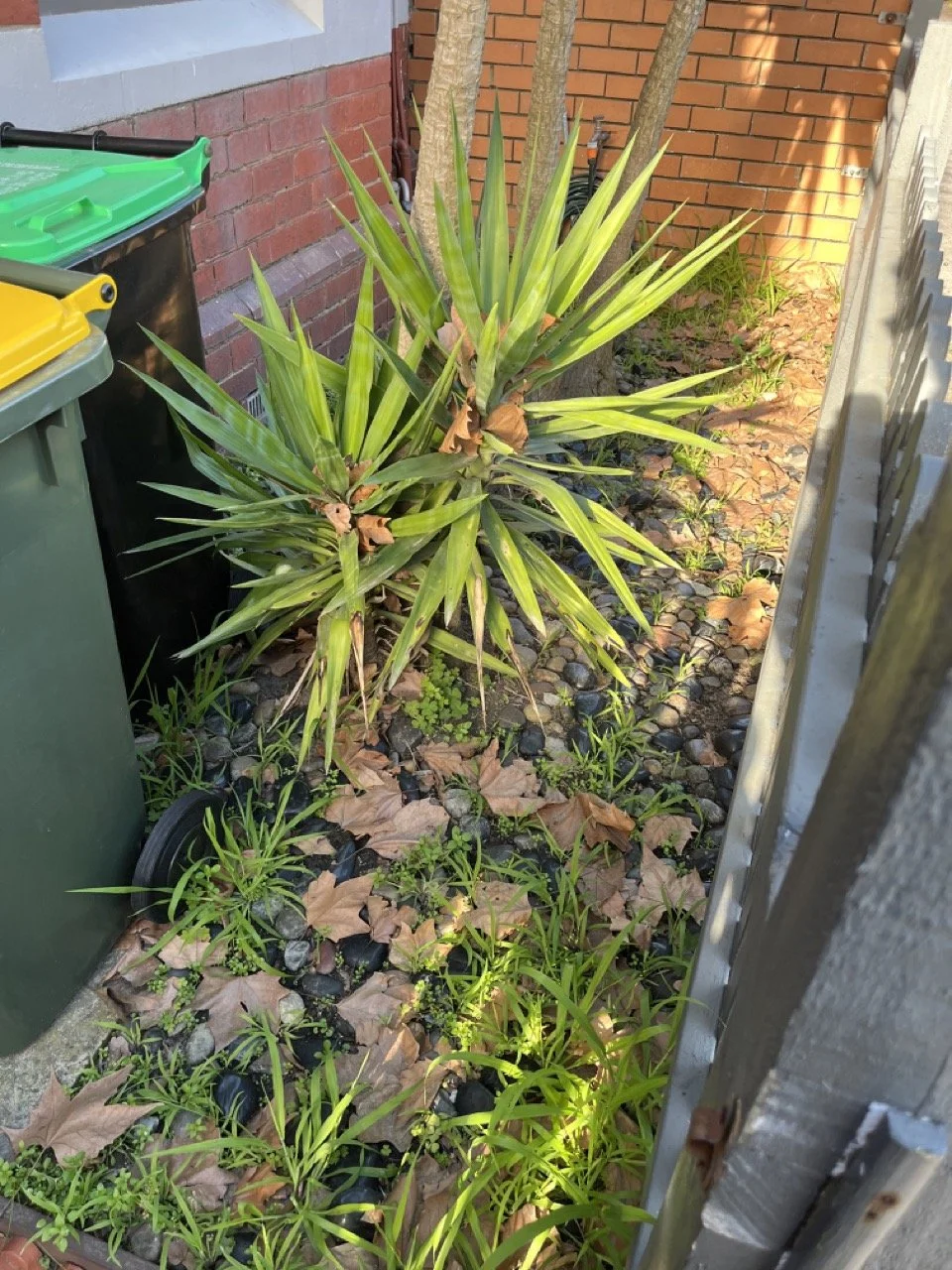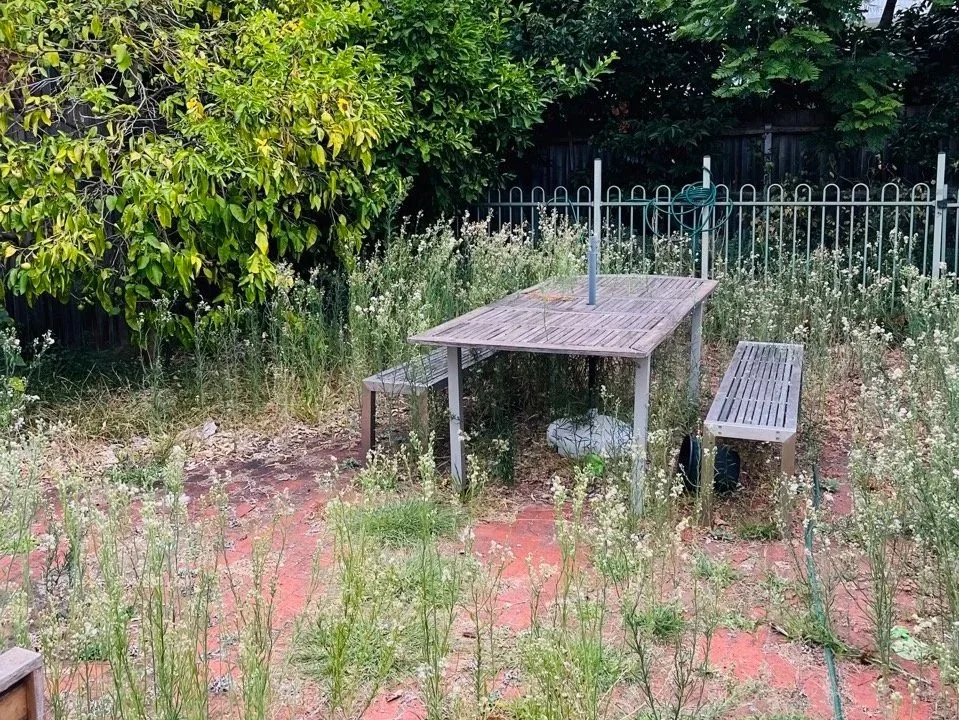Effective Weeding Strategies for Melbourne Gardeners
Weeds can be more than just an eyesore; they compete with your beloved plants for essential nutrients, water, and sunlight. Understanding effective weeding strategies is crucial for any gardener looking to achieve a flourishing oasis this season. So grab your gloves! It’s time to uncover some valuable tips on how to tackle those pesky invaders head-on while ensuring your Melbourne garden thrives all spring long!
Spring Gardening in Melbourne
Spring is a beautiful and vibrant season in Melbourne, with blooming flowers, chirping birds, and warmer weather. It is also the perfect time for gardeners to start preparing their gardens for the upcoming growing season. As the winter frost fades away and the sun shines brighter, it's time to roll up your sleeves and get ready for some spring gardening.
Melbourne's climate is unique, with four distinct seasons that can sometimes be unpredictable. This makes it essential for gardeners to understand their local climate and plan accordingly. In spring, temperatures in Melbourne can range from 10-20 degrees Celsius (50-68 degrees Fahrenheit), with occasional rainfall. These conditions provide ideal growing conditions for many plants.
One of the first steps to successful spring gardening in Melbourne is cleaning up your garden after winter. This includes removing any dead leaves or debris that may have accumulated during the colder months. Cleaning up will not only make your garden look neater but also prevent pests and diseases from spreading.
After cleaning up, it's time to prepare your soil for planting. The best way to do this is by adding organic matter such as compost or well-rotted manure into the soil. This will improve soil structure, drainage, and nutrient levels – all essential factors for healthy plant growth.
Next, it's crucial to assess which plants are suitable for spring planting in Melbourne. Choosing native plants or those adapted to the local climate will ensure they thrive in your garden without much effort on your part. Some popular choices include daisies, geraniums, roses, lavender, and snapdragons.
Once you've selected your plants, it's time to start planting! But before you do so, remember to check whether they need full sun or partial shade as this can affect their growth significantly. Also, be mindful of spacing between plants – overcrowding can lead to competition for nutrients and water.
As your plants start growing, it's essential to keep an eye out for weeds. Weeds can quickly take over a garden and compete with your plants for resources. Regular weeding is necessary to keep them at bay and maintain the health of your plants.
Spring gardening in Melbourne requires preparation, planning, and constant maintenance. By following these tips and techniques, you'll be on your way to a beautiful and flourishing garden that will bring joy throughout the season.
Importance of Weeding in Garden Maintenance
Weeding is a fundamental aspect of garden maintenance. It plays a critical role in the overall health of your plants.
Weeds compete for essential resources, including nutrients, water, and sunlight. By removing them regularly, you ensure that your flowers and vegetables thrive without interference.
Moreover, certain weeds can harbor pests and diseases that might spread to healthier plants. Keeping these intruders at bay minimizes potential damage.
A well-maintained garden looks appealing too. An abundance of weeds can make any outdoor space appear neglected or untidy.
Regular weeding also encourages better soil aeration. When weeds are plucked from their roots, they leave behind space for beneficial organisms to flourish.
Investing time in weeding means investing in the long-term success of your garden. Embrace this task as an opportunity to connect with nature while nurturing your green sanctuary.
Understanding Different Types of Weeds in Melbourne
Melbourne’s gardening landscape is rich and diverse, but it also hosts a variety of weeds that can wreak havoc on your plants. Understanding these weeding types is essential for effective garden maintenance.
Common broadleaf weeds like clover and dandelion often pop up in lawns. They thrive in moist conditions and can quickly spread if not managed well.
Then there are grassy weeds such as couch grass, which competes directly with valuable turf. These pesky invaders take root deeply and require consistent removal efforts.
Lastly, some perennial weeds like bindweed create stubborn challenges due to their extensive root systems. Spotting them early can save you time down the line.
Identifying these foes allows Melbourne gardeners to tailor their weeding care strategies effectively. Knowing what you're dealing with makes all the difference!
Melbourne is known for its beautiful gardens and lush green landscapes. However, maintaining a garden in this vibrant city can be a challenging task, especially when it comes to dealing with weeds. Weeds are unwanted plants that grow alongside desired plants in gardens and lawns. They compete with the desirable plants for nutrients, water, and sunlight, ultimately hindering their growth.
To effectively tackle weeds in your Melbourne garden, it is important to understand the different types of weeds that commonly grow in this region. Here are some of the most common types of weeds found in Melbourne:
1. Annual Weeds – These are fast-growing weeds that complete their life cycle within one year. They germinate from seeds and die once they have produced seeds themselves. Examples of annual weeds include chickweed, dandelion, and crabgrass.
2. Perennial Weeds – Unlike annual weeds, perennial weeds can live for more than two years or even indefinitely if left unchecked. They reproduce through both seeds and underground roots or stems called rhizomes or stolons. Some common examples of perennial weeds found in Melbourne include bindweed, thistle, and oxalis.
3. Biennial Weeds – These types of weeds take two years to complete their life cycle; they grow vegetatively during the first year and produce flowers and seeds during the second year before dying off. Common biennial weed species include burdock, wild carrot (Queen Anne’s lace), and poison hemlock.
4. Broadleaf Weeds – As the name suggests, these are broad-leafed plants with two cotyledons (seed leaves) that emerge from a single seedling stem as opposed to monocotyledonous plants like grasses, which have narrow leaves growing from multiple seedlings per stem.Horsetail, Milk Thistle, and Wild Violet are a few examples of broadleaf weed species commonly found in Melbourne gardens.
5. Grassy Weeds -These are monocotyledonous plants that resemble grass and grow from narrow seeds. Unlike broadleaf weeds, they typically have fibrous roots instead of taproots. Some common examples of grassy weeds are crabgrass, nutgrass (sedge), and couch grass.
By understanding the different types of weeds in Melbourne, you can better identify and control them in your garden. Stay tuned for our next section, where we will discuss effective weeding strategies to help you keep your garden weed-free this spring season.
Tools and Techniques for Effective Weeding
Effective weeding requires the right tools and techniques. Start with a sturdy hand trowel or a hoe, essential for digging out deep-rooted weeds.
A weeding fork can also be invaluable. It helps to loosen soil and remove stubborn plants from their base without damaging nearby flowers or vegetables.
Consider using mulch as part of your strategy. This not only suppresses weed growth but also retains moisture in the soil, benefiting your garden.
For larger areas, try a stirrup hoe. Its unique design allows you to easily slice through weeds while standing upright, great for those who want to avoid back strain.
Don't forget about gloves! Protecting your hands while pulling weeds ensures comfort during long gardening sessions.
Incorporating these tools will make weeding less of a chore and more efficient overall.
Chemical vs. Natural Weed Control Methods
When it comes to controlling weeds, gardeners in Melbourne often find themselves at a crossroads between chemical and natural methods. Each approach carries its own set of benefits and drawbacks.
Chemical weed control offers quick results. These products can effectively tackle stubborn weeds with minimal effort on your part. However, they may also pose risks to beneficial insects and soil health if not used carefully.
On the other hand, natural weed control methods prioritize environmental safety. Techniques such as mulching or boiling water can suppress weed growth without introducing harmful substances into your garden. While they might require more time and effort, many gardeners appreciate the peace of mind that comes from using eco-friendly options.
Choosing between these two approaches ultimately depends on your gardening philosophy and goals for maintaining a healthy landscape in Melbourne's unique climate.
Preventing Future Weed Growth in Your Garden
To keep your garden weed-free, start with a solid foundation. Healthy soil is key. Consider enriching it with organic matter to promote strong plant growth.
Mulching is another effective strategy. A thick layer of mulch can block sunlight and deter weeds from sprouting. Opt for materials like straw or wood chips that also nourish the soil as they break down.
Regular maintenance plays a crucial role, too. Routine inspections allow you to catch new weed growth early, preventing it from taking root.
Planting ground covers can provide natural competition against unwanted plants. Choose varieties that thrive in Melbourne’s climate while offering beauty and functionality.
Lastly, be mindful of watering practices. Water deeply but infrequently to encourage deep-rooted plants while leaving less moisture available for weeds to thrive on.
GreenOz Gardening Q&A Weeding Tips and Tricks
1. How often should I weed my garden?
It is best to weed your garden once or twice a week, depending on the size of your garden and the amount of weeds present. This will prevent weeds from spreading too much and becoming unmanageable.
2. What is the most efficient way to remove weeds?
Using a combination of hand-pulling and tools such as trowels or hoes for larger areas. It's important to make sure you remove the entire root of the weed to prevent regrowth.
3. Are there any eco-friendly alternatives to chemical weed killers?
Using natural remedies such as boiling water or vinegar sprays to kill weeds without harming the environment.
4. How can I prevent weeds from growing back after removing them?
Mulching is key when it comes to preventing weeds from growing back. Our expert recommends using organic mulches such as wood chips, straw, or grass clippings, which not only suppress weed growth but also add nutrients to your soil.
5. Is there a specific time of day that's best for the wedding?
Early morning or late evening are optimal times for weeding as the ground tends to be moister, making it easier to pull out roots without breaking them off.
6. What are some common mistakes people make when trying to remove weeds?
Our expert advises against pulling out individual leaves instead of tackling the whole plant at once. This may lead to regrowth since roots are still intact underground.
7. Are there any particular types of weeds that are harder to remove than others?
Different types of weeds have different root systems, some of which are harder to remove than others. Our expert suggests using a weeding tool specifically designed for the type of weed you're dealing with.
8. How can I prevent weeds from taking over my lawn?
In addition to regular weeding, our expert recommends aerating and fertilizing your lawn to promote stronger and healthier grass growth, leaving less room for weeds to thrive.
Following these tips and tricks from our local gardening expert will ensure that your garden stays free of pesky weeds all season long. Happy gardening!
Conclusion: Enjoy a Beautiful and Weed-Free Garden This Spring!
Springtime in Melbourne is a wonderful opportunity for gardeners to rejuvenate their outdoor spaces. By implementing effective weeding strategies, you can create a lush and vibrant garden that flourishes throughout the season. Weeds not only compete with your plants for nutrients but can also diminish the overall beauty of your hard work.
Understanding the different types of weeds prevalent in Melbourne will empower you to tackle them more efficiently. Whether you're employing hand tools or considering chemical options, knowing what works best for your specific situation is crucial. Embracing natural methods can often yield great results while being kinder to the environment.
Regular maintenance plays a vital role in preventing future weed growth, so don't underestimate tasks like mulching and regular inspections of your garden beds. These proactive measures are essential for keeping unwanted guests at bay.
Engaging with local gardening experts can provide valuable insights tailored to our unique climate, ensuring you have all the tips and tricks needed to maintain an impressive landscape.
With careful planning and consistent effort, you'll be on track to enjoy a flourishing garden free from pesky weeds this spring season!
“GreenOz Gardening: Your local spring weeding solution in Melbourne – call today for free support.”



